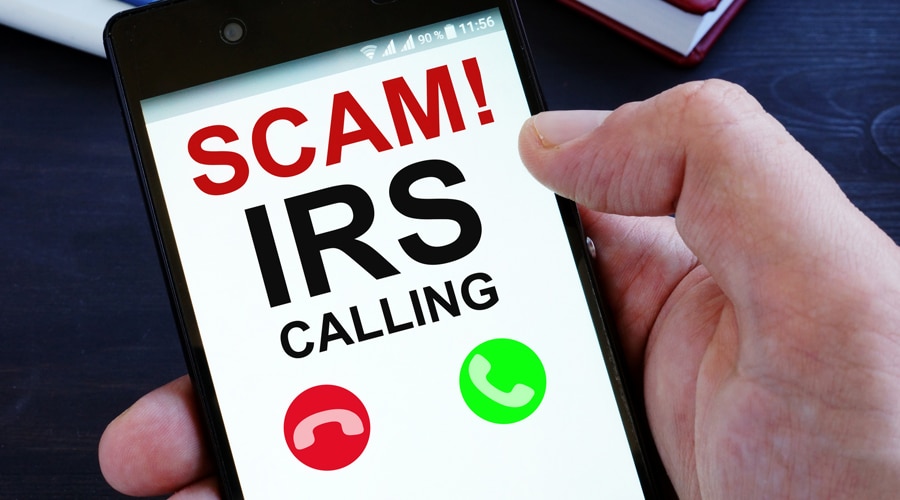
The IRS will never initiate communication by phone, email, text or social media.
If you’ve received a text message or email from the Internal Revenue Service (IRS) about your taxes, there’s a good chance it was a scammer trying to con you out of your tax refund.
Tax scams become pervasive as April 15, the deadline to file federal taxes, nears.
Scammers, impersonating IRS representatives, use phishing (email), vishing (phone) and smishing (text) to trick victims into providing personally identifiable information that can be used steal tax refunds by filing taxes in the victim’s name.
Scammers also con victims by demanding immediate tax payments, sometimes in gift cards.
However, the IRS never demands immediate payment to any source other than the U.S. Treasury and typically sends tax filers several “notices” in the mail before calling.
To help Postal Service employees and contractors avoid tax scammers, the Cybersafe at USPS team offers these tips:
• File early. Filing taxes early means criminals can’t do it first.
• Verify the sender. Remember: The IRS will never initiate communication by phone, email, text or social media.
• Monitor your accounts. Continuously monitor bank accounts for unusual activity or unauthorized deposits.
The IRS website and the CyberSafe at USPS Blue and LiteBlue pages have additional information.
Source: USPS
